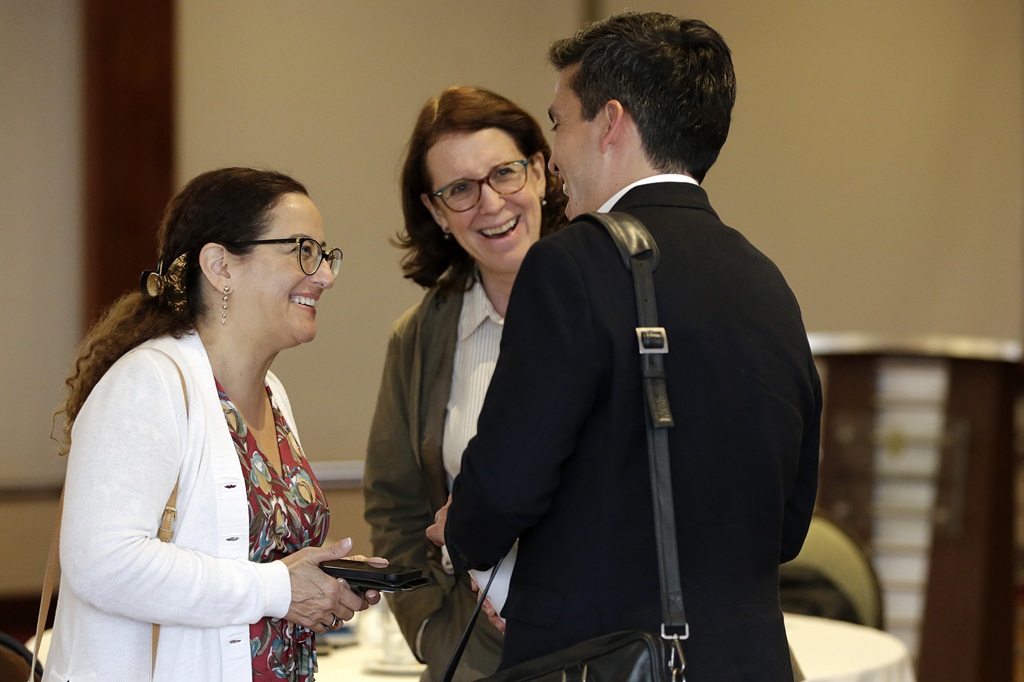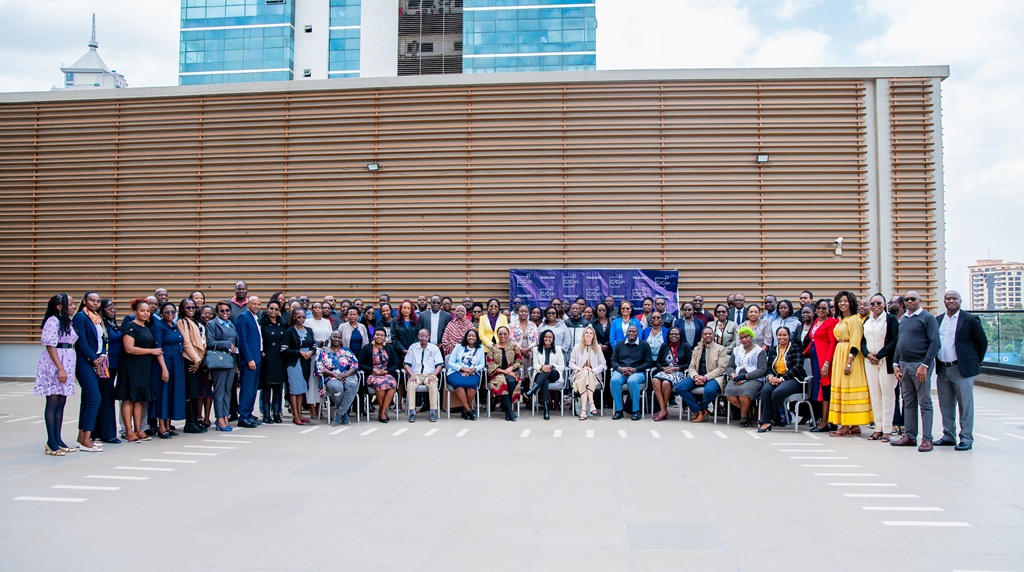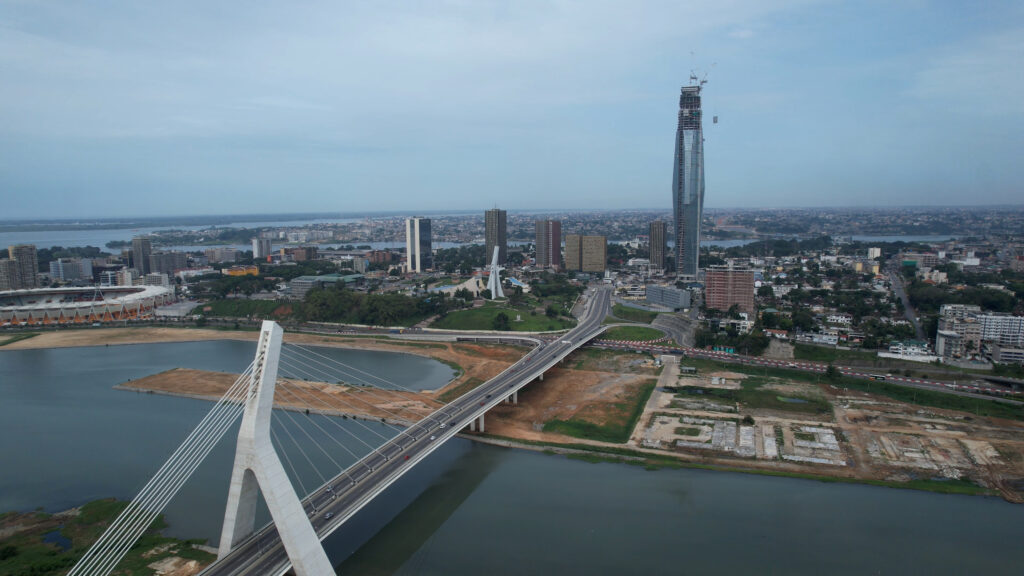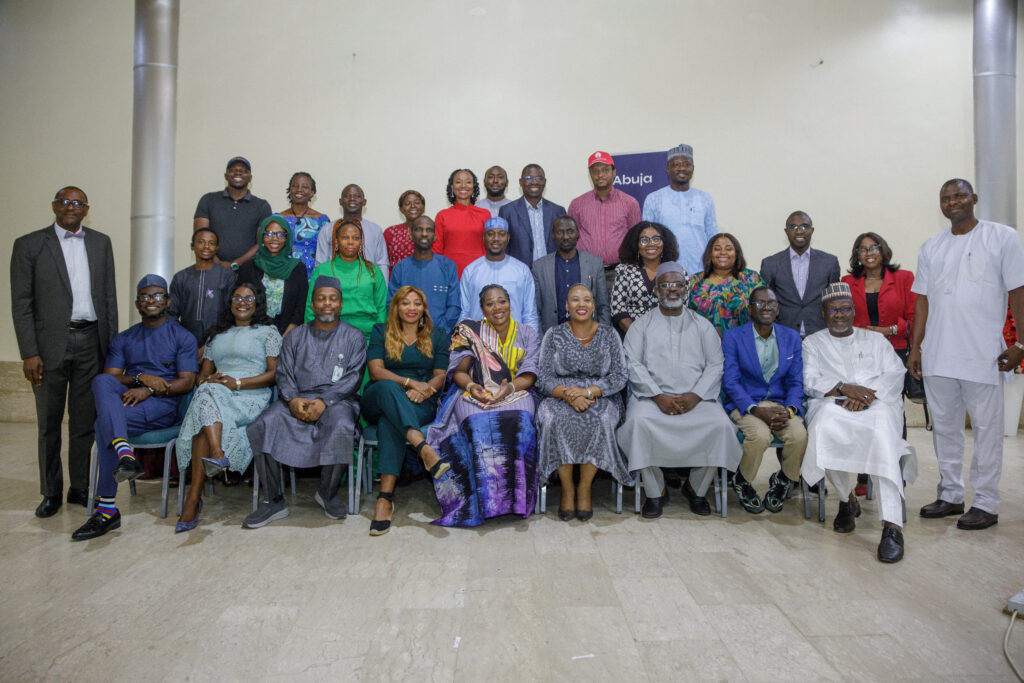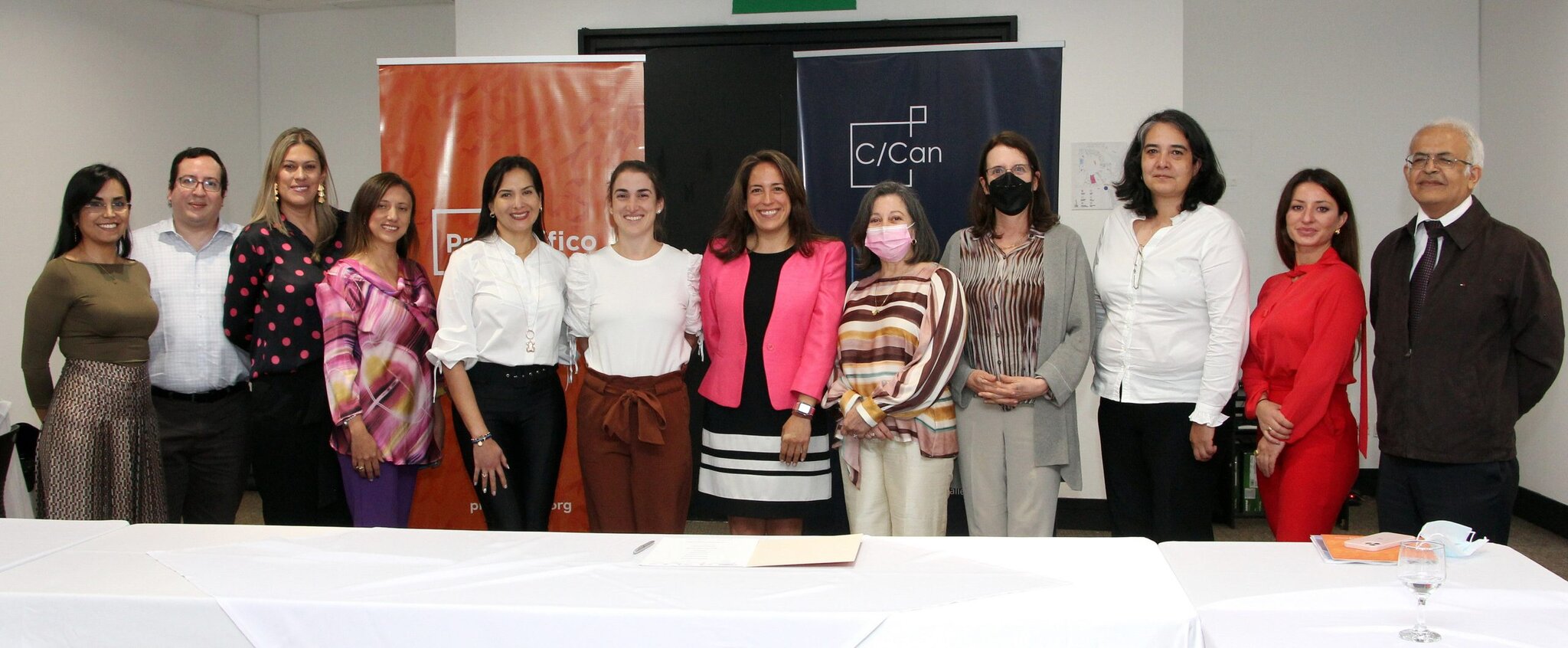
- Memorandum of Understanding commits nine organisations to continue with comprehensive range of initiatives to improve universal access to cancer care in the capital of Valle del Cauca department.
- Cali has been one of five Latin American cities that are part of City Cancer Challenge since 2017, working mainly on combatting the five most common types of cancer in its population: breast, cervix, colon and rectum, prostate cancer and paediatric leukaemia.
Santiago de Cali, 11 May, 2021. Nine organisations working for cancer control in Cali signed a Memorandum of Understanding today to continue working together to provide equitable and quality health care to treat the disease in the Colombian city. One of the goals is to reduce premature and avoidable deaths from the disease by 25% by 2025.
Among the signatories to the MoU are Cali City Hall, the National Cancer Institute, the High Cost Account, the Institute for the Evaluation of Health Technologies, the Cali Cancer Population Registry, the City Cancer Challenge Foundation (C/Can), and ProPacífico, supported by the Colombian Ministry of Health and Social Protection and the Governor’s Office of Valle del Cauca.
By renewing their commitment, the signatories recognised the work carried out in Cali in the fight against cancer, and established a common goal of continuing it over the next five years, collaborating and participating with other actors in initiatives to improve access to quality cancer care.
Data from the Cali Cancer Population Registry estimates 10,070 new cases of cancer by 2022, the most frequent being: breast (822 cases), prostate (784 cases), colorectal (453 cases), stomach (466), cervix (216), lymphomas (342) and leukaemia (186), (*New cases of cancer based on the risk between 2013 and 2017 and the DANE 2022 population projection.
The renewal of this alliance comes during the post-pandemic period, a time when it is essential to unite efforts to mitigate the impact of Covid on access to cancer care and to facilitate the continuity of prompt health services, especially for vulnerable groups in society like cancer patients.
Data from Cali’s health department shows that for the last epidemiological week of 2021, breast and cervical cancer cases increased by 49.7% and 73.9% respectively on 2020, with 30% more cases than with respect to 2019. There is also an urgent need for coordinated efforts to reduce the 15% increase in late diagnoses.
At the same time, the MoU aims to meet three UN Sustainable Development Goals (SDGs): SDG 3 (Good health and well-being); SDG 11 (Sustainable cities and communities); and SDG 17 (Partnership for the goals); as well as reducing premature deaths from non-communicable diseases, which include cancer.
Ongoing work to improve access to equitable and quality cancer care in the capital of Valle del Cauca within the framework of the multi-sectoral strategic alliance at the national, departmental and municipal levels, along with ProPacífico and C/Can, aims to make Cali a benchmark city in the fight against cancer.
Cali was chosen by the International Union Against Cancer in 2017 as the first city in the world to join C/Can and build a model for the fight against this disease that could be replicated in others around the world. In the last year, Cali has developed five disease management guides for the five most common types of cancer in the capital of Valle del Cauca: breast, cervix, colon and rectum, prostate cancer and paediatric leukaemia.
Thanks to the collaboration and local leadership of a broad range of institutions, universities, health care providers and civil society groups, significant progress has been made in improving access to cancer care in Cali. Among the highlights are the implementation of nine projects prioritised by local experts, the signing of an agreement to implement cancer management guidelines at the city level endorsed by the Colombian Health Ministry. Guidelines for the city of Cali in the areas of Pathology, Radiotherapy, Nuclear Medicine, Blood Banks, Information Systems and Palliative Care were finalised and distributed. SISCAC, a digital platform to share cancer patients’ data, continues to be adopted by the four main oncology providers in Cali. This was recognised by the High Cost Account, one of the oncology providers taking part, for best risk assessment during 2021, and was nominated again in 2022.
